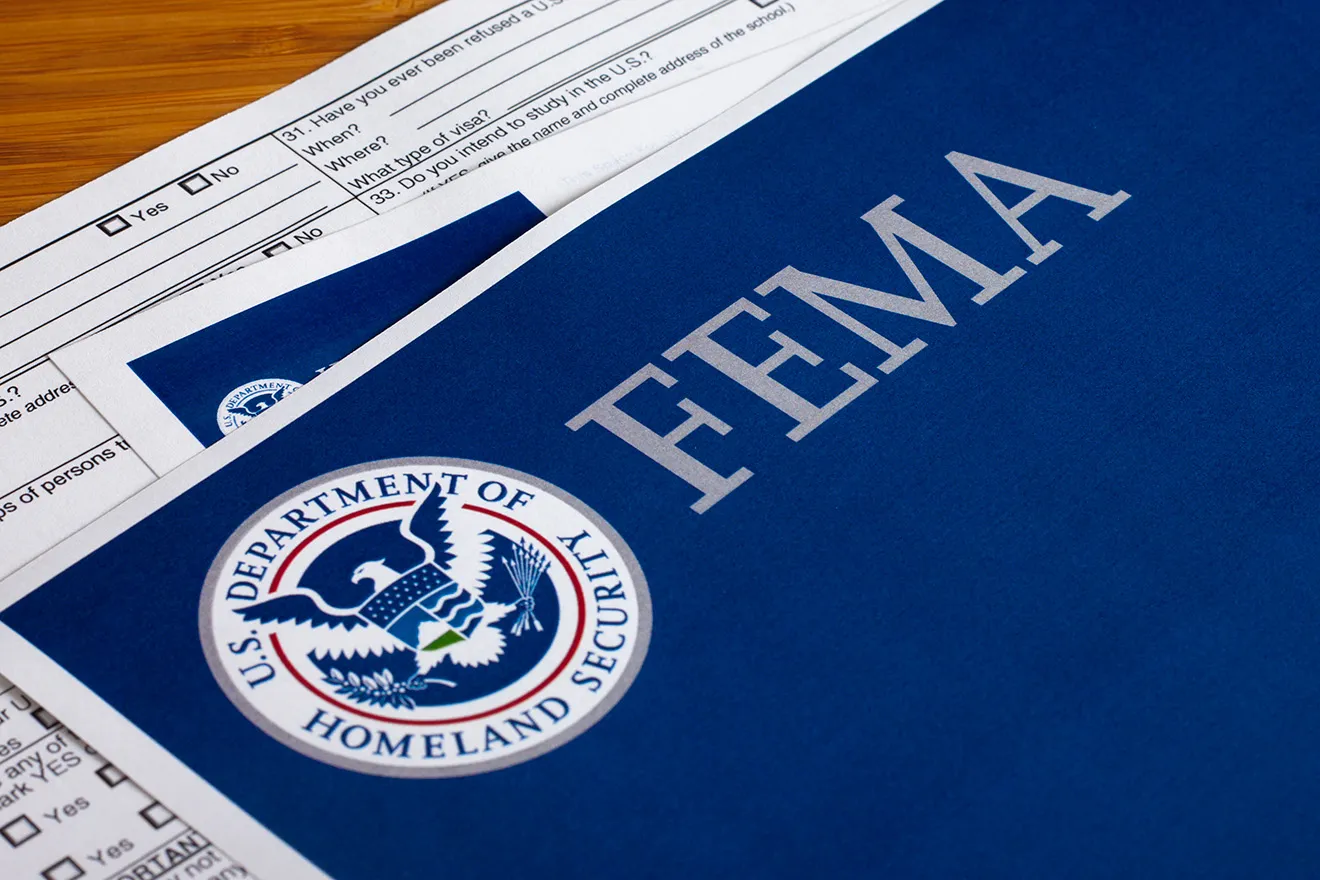
Daily Audio Newscast - November 18, 2025
© AlexLMX - iStock-823000260
Six minutes of news from around the nation.
Charlotte, North Carolina reels as 81 people arrested in immigration raids; Court rules label exemption for ultra-processed food unlawful; E-cigarette dangers to pregnancies seen in NC study; Judge scolds Justice Department for 'profound investigative missteps' in Comey case; Shutdown fallout pushes more Ohio families to food banks.
TRANSCRIPT
The Public News Service Daily Newscast, November the 18th, 2025.
I'm Mike Clifford.
Many communities in Charlotte, North Carolina were reeling after federal customs and border protection teams descended on the city over the weekend and arrested at least 81 people, while normally thriving immigrant enclaves and business districts came to a standstill.
That from The Guardian.
They report federal agents were deployed in what the Department of Homeland Security calls Operation Charlotte's Web, sparking protests.
Charlotte is the state's largest city, home to a steadily growing and diverse population.
The Guardian notes over the weekend, videos circulated on social media that showed people being chased or simply picked up by federal agents outside of various local businesses.
Meantime, consumer advocates are praising a recent federal court decision that expands the labeling requirements for altered, processed, genetically modified foods.
A U.S. Department of Agriculture rule had previously exempted items such as highly refined corn or soy oils from mandatory food labels, despite these items making up roughly 70 percent of all genetically altered food ingredients.
George Kimbrell with the Center for Food Safety, a plaintiff in the case, calls it a landmark victory.
This labeling is important so people can choose a different future for our food in their own personal choices and for their families.
USDA will also need to issue new rules clarifying that QR code packaging alone is not enough to inform all consumers and add additional disclosure options.
Opponents of mandatory labels argue they mislead consumers about the safety of biotechnology.
I'm Katherine Carley.
And a new study finds hazards to pregnancies from vaping, and the worst part may not be the nicotine.
The research out of Duke University looked at the impact of e-cigarettes on the embryo development and fetal growth of mice.
Dr. Margot Marbury at Duke University School of Medicine led the research.
She says the nicotine from e-cigarettes led to smaller fetal weights for the mice.
However, the additives in vapes, such as thickening agents or flavoring additives, had impacts too.
There was actually an increased rate of fetal miscarriage, such as baby loss, fetal loss early in pregnancy.
And this implies that even in the absence of nicotine, just the flavoring can be really toxic to the pregnancy and to the baby.
Marbury says people who are pregnant should avoid both cigarettes and e-cigarettes because of the impact they have on developing fetuses and if necessary Seek nicotine replacement therapies.
I'm Eric Tegethoff reporting.
And from the associated press the justice department engaged in a disturbing pattern of profound Investigative missteps in the process of securing an indictment against former FBI director James Comey.
A federal judge ruled Monday in directing prosecutors to provide defense lawyers with all grand jury materials in the case.
The AP reports those problems, wrote magistrate judge William Fitzpatrick, include fundamental misstatements of the law by a prosecutor to the grand jury.
This is public news service.
As the federal government reopens after the longest shutdown in U.S. history, Ohio food banks say the effects are still rippling across the state.
Our Farrah Siddiqui reports delayed SNAP benefits and paused USDA programs push more families toward emergency food assistance in in recent weeks.
More than 716,000 Ohio households were set to receive November SNAP benefits, but many initially received only partial payments under early federal guidance.
Full benefits were authorized statewide last Thursday.
The gap left food banks scrambling to absorb a surge in need.
Jason Aldrich with the West Ohio Food Bank says they recorded a sharp rise heading into November.
Between September and October, we here at the Food Bank have seen an 11 percent increase the number of folks seeking food assistance from us and those numbers are staying up if not getting higher.
SNAP typically injects 13 million dollars per day into Ohio grocery budgets from the 2nd to the 20th of each month.
When payments are delayed or reduced, food banks become the backup system for families waiting on benefits.
Next to Illinois where mental health advocates say the impacts of federal policies are further compounding increasing mental health crises for kids.
They warn ongoing resource cuts will make it hard for schools and organizations to keep up with the demand for mental health support.
In Chicago, the nonprofit Juvenile Protective Association serves hundreds of mostly pre-k through eighth grade students with individual school-based programs.
About 70 percent have Medicaid coverage.
The association's Karen G Foley says principals and educators who were already struggling with limited resources are now facing additional challenges as mental health issues among children continue to worsen.
Then you layer on top food cots, you layer on top of that ice rage, you layer on top of that the news cycle and social media and I give kids enormous credit for even showing up and trying.
I'm Judith Ruiz Branch reporting.
Finally with New York housing prices on the rise advocates are eager for the housing access voucher pilot program to start.
Using 50 million dollars the four-year program provides rental assistance for people who are or at risk of becoming homeless.
A bill in the state legislature would have made this program permanent, but Governor Kathy Hochul opposed it, saying it was too expensive.
Juan Diaz with the Children's Defense Fund of New York says this program is a good first step, but must be more inclusive.
Oftentimes a 200 percent poverty level for some vouchers, or even with HABP, a 50 percent AMI.
It's good, but we know oftentimes households are left out of vouchers because of their income.
This comes as Department of Housing and Urban Development cuts will leave more people rent burdened.
Congress is developing a HUD budget, which includes multi-billion dollar cuts to rent assistance programs.
Along with this, the White House's 2026 budget proposal calls for a 46 percent cut for New York's federal rental assistance funds.
I'm Edwin J. Viera.
This is Mike Clifford for Public News Service.
Member and listener supported.
Find our trust indicators at publicnewsservice.org.

















